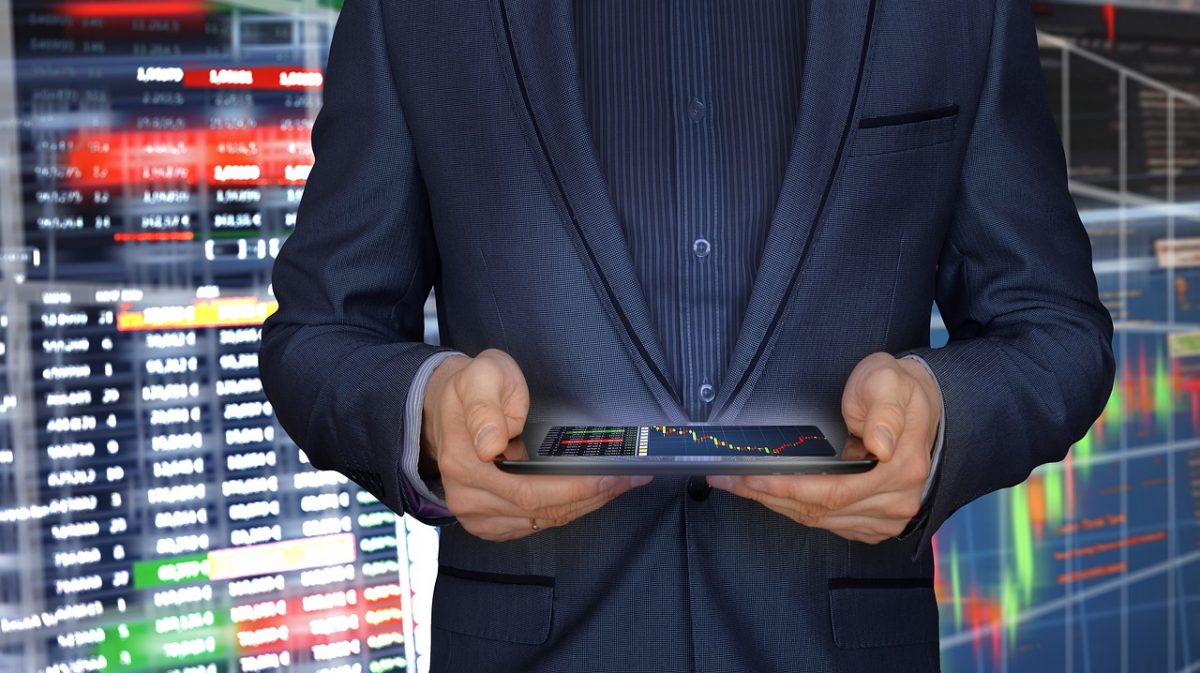Trade Wisely: A Comprehensive Analysis of Trading Stations
Trading in the financial markets has undergone a remarkable transformation over the years. From the bustling floors of stock exchanges to the digital realm, the evolution of trading platforms has been nothing short of revolutionary. In this comprehensive analysis, we will delve into the intricacies of trading stations, exploring their evolution, key features, risk management strategies, technical and fundamental analysis tools, algorithmic trading, educational resources, common mistakes to avoid, market psychology, security measures, mobile trading apps, and future trends. Let’s embark on a journey to understand the dynamics of trading wisely in the modern financial landscape.
Trading stations serve as the gateway to financial markets, enabling individuals and institutions to buy and sell various financial instruments. The significance of trading wisely cannot be overstated, as the volatility of markets demands a strategic approach to navigate the complexities and seize opportunities.
Evolution of Trading Platforms
In tracing the roots of trading platforms, a historical perspective reveals the transition from traditional trading floors to electronic systems. Technological advancements, including the advent of the internet, have paved the way for real-time trading and global market access.
Key Features of Trading Stations
The user interface of a trading station plays a pivotal role in user experience. Analytical tools and real-time data feed are equally essential for making informed decisions. We’ll explore these features and their impact on trading efficiency.
Choosing the Right Trading Station
Selecting an appropriate trading platform is a critical decision for traders. Factors such as user-friendliness, available assets, fees, and customer support should be carefully considered. A comparative analysis of popular platforms will aid in making an informed choice.
Risk Management Strategies
Effective risk management is a cornerstone of successful trading. We’ll delve into the importance of risk management and explore the tools provided by trading stations to mitigate potential losses.
Technical Analysis on Trading Platforms
Technical analysis involves studying price charts and using various indicators to forecast future price movements. Candlestick patterns, trend indicators, and oscillators are valuable tools accessible on trading stations for conducting technical analysis.
Fundamental Analysis Tools
In addition to technical analysis, trading stations offer tools for fundamental analysis. Economic calendars, news feeds, and earning reports assist traders in understanding the broader market context.
Algorithmic Trading on Trading Stations
Algorithmic trading, powered by computer algorithms, has gained popularity. We’ll introduce the concept, discuss its benefits and risks, and explore how trading stations facilitate algorithmic trading.
Educational Resources on Trading Platforms
Continuous learning is imperative for traders. Trading stations provide various educational resources, including tutorials, webinars, and demo accounts, to enhance the skills of both novice and experienced traders.
Common Mistakes to Avoid
Traders often fall prey to common mistakes that can jeopardize their success. Overtrading, neglecting risk management, and succumbing to emotional trading are pitfalls we’ll explore and guide readers on avoiding.
Market Psychology and Trading Stations
Understanding market psychology is crucial for making informed decisions. We’ll examine the impact of emotions on trading and discuss how trading station tools can be utilized to manage emotions effectively.
Security Measures on Trading Platforms
Security is paramount in the digital age. Trading stations implement security measures such as two-factor authentication and encryption protocols to safeguard user data and financial transactions.
Mobile Trading Apps
The rise of mobile trading apps has transformed the landscape of trading. We’ll explore the accessibility and security considerations associated with mobile trading, providing insights for traders on the go.
Future Trends in Trading Platforms

As technology continues to advance, the future of trading platforms holds exciting possibilities. Artificial intelligence and blockchain technology are poised to shape the next era of trading. We’ll discuss these trends and their potential impact.
Conclusion
In conclusion, trading wisely is not merely a suggestion but a necessity in the dynamic world of financial markets. This comprehensive analysis has shed light on the various aspects of trading stations, emphasizing the need for continuous learning, adaptability, and a strategic mindset.
FAQs :
- Can I trade on multiple platforms simultaneously?
While technically possible, it is advisable to focus on one platform to enhance efficiency and avoid confusion.
- How do I overcome emotional trading?
Utilize the emotional management tools provided by trading stations and consider taking breaks during volatile market conditions.
- Are mobile trading apps secure?
Yes, reputable trading platforms invest in robust security measures for their mobile apps, but users should also practice good security habits.
- What is the future of algorithmic trading?
The future holds increased integration of artificial intelligence, allowing for more sophisticated algorithmic trading strategies.
- How often should I review my risk management strategy?
Regularly review and adjust your risk management strategy based on changes in market conditions and personal trading goals.






